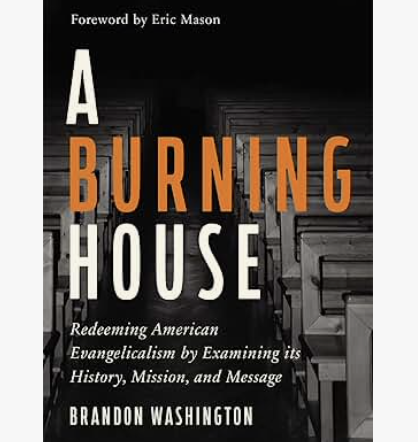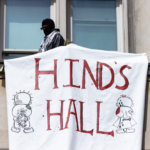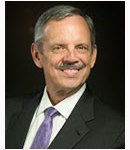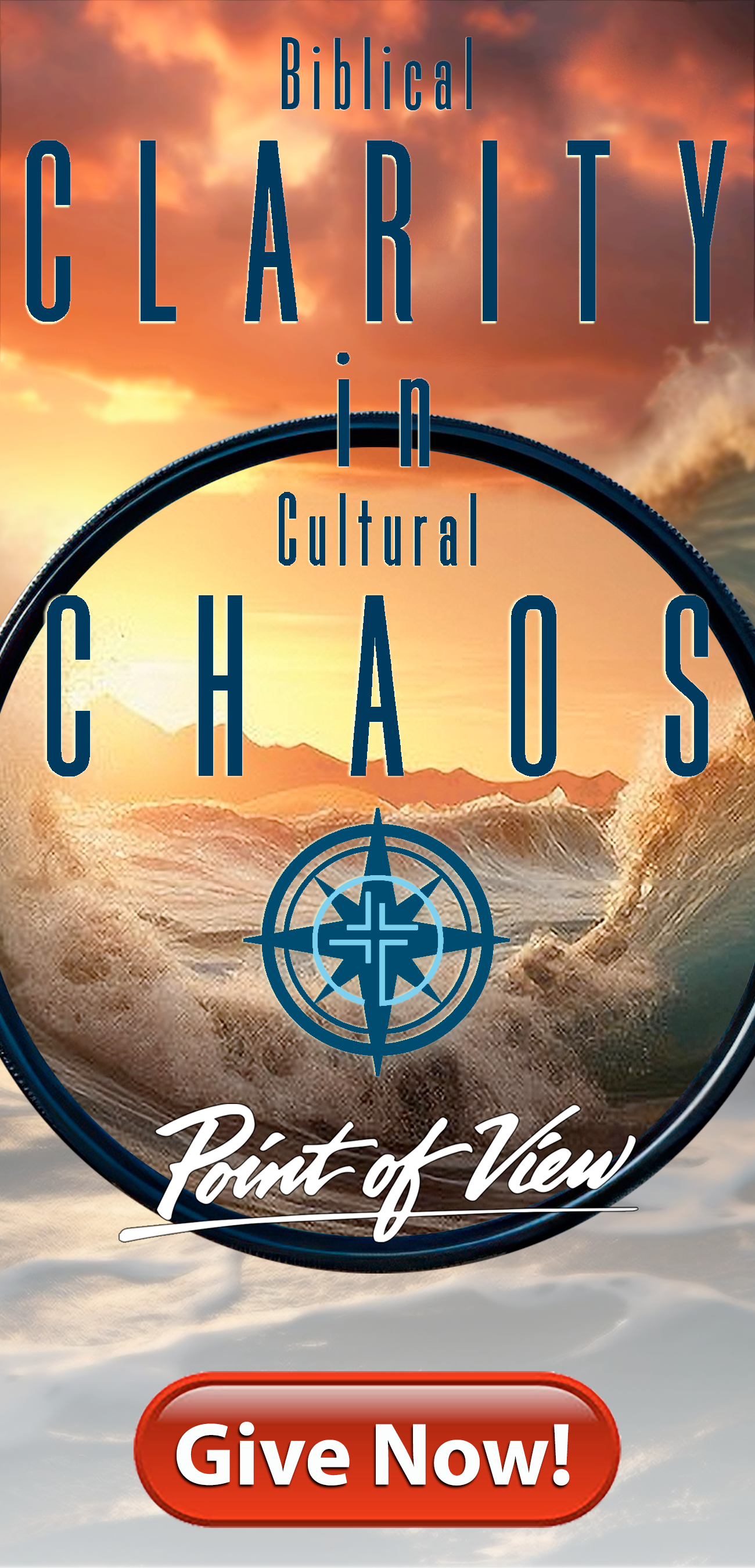Welcome to our Wednesday show, today’s host is Kerby Anderson. His first guest is on Point of View for his first time. Pastor Brandon Washington brings us his new book, A Burning House about the history of and ways to end racism. Kerby’s second hour guest is Dr. Jerry Newcombe. They’ll talk about the National Day of Prayer, which is tomorrow.
It’s an exceptional show. Call with your thoughts and comments. Call in-studio at 800-351-1212 or you can ask questions on Facebook by clicking on the link: facebook.com/pointofviewradio.



Jerry earned his B.A. in history with honors at Tulane University (1978), his M.A. with honors in communications at Wheaton Graduate School (1983), and his D. Min. (Doctorate of Ministry) from Knox Theological Seminary (2008).
For D. James Kennedy Ministries, Jerry has produced or co-produced more than 80 television documentaries dealing with a variety of issues from a Christian perspective. Jerry is the author or co-author of 33 books, including 17 written with Dr. D. James Kennedy and one with Dr. Peter Lillback. Jerry has appeared on numerous talk shows, including Politically Incorrect with Bill Maher (ABC-TV), In the Market with Janet Parshall, The Eric Metaxas Show, and Point of View. He has also appeared on Moody Radio, TBN, Fox News Channel, Fox Business Channel, and C-Span2’s “Book Notes.”
Jerry is an ordained minister in the Presbyterian Church of America (PCA) and serves as an assistant pastor at New Presbyterian Church (PCA) in Wilton Manors, FL. Jerry and his wife Kirsti have been happily married since 1980. They have two children and three grandchildren and reside in South Florida.



 Listen Online
Listen Online Watch Online
Watch Online Find a Station in Your Area
Find a Station in Your Area


 Watch Now
Watch Now Listen Now
Listen Now 







 Listen Now
Listen Now Watch Online
Watch Online
